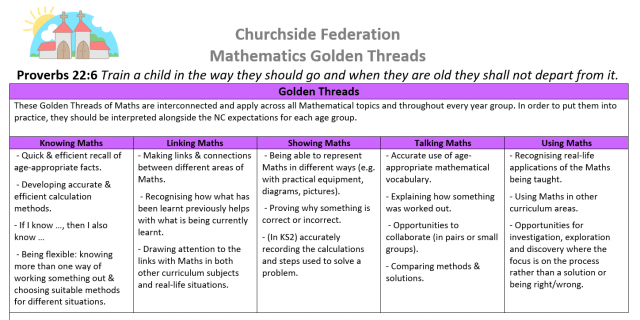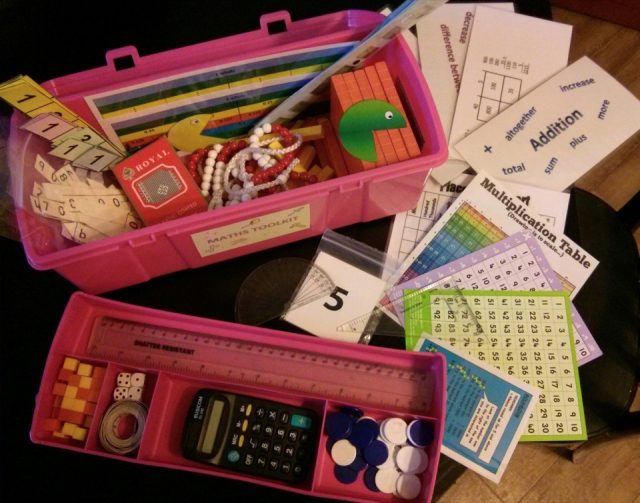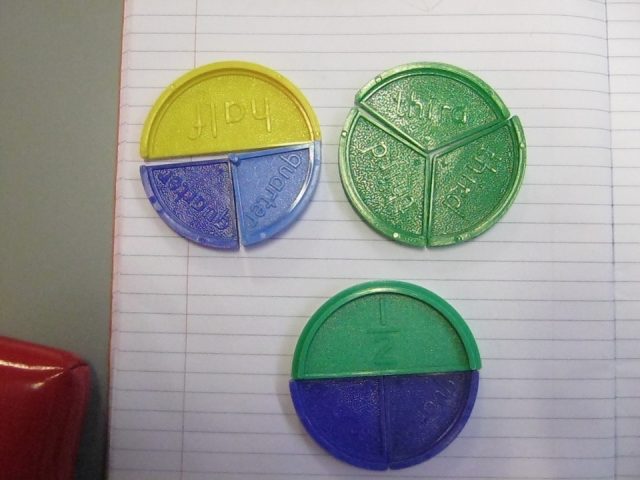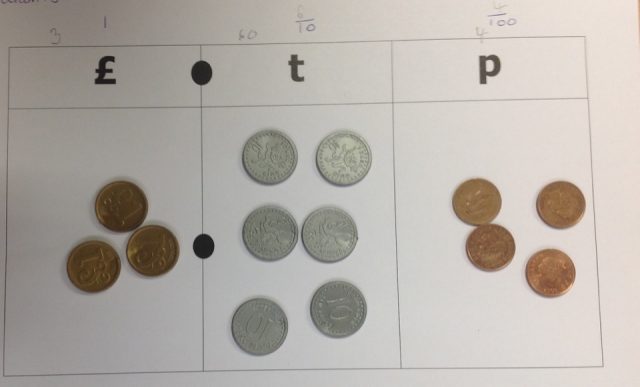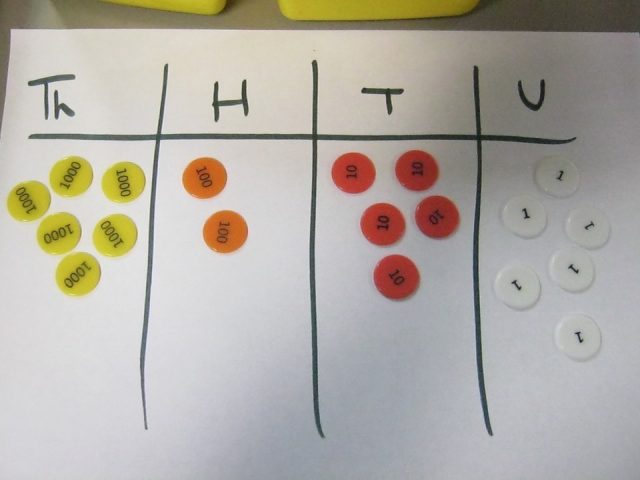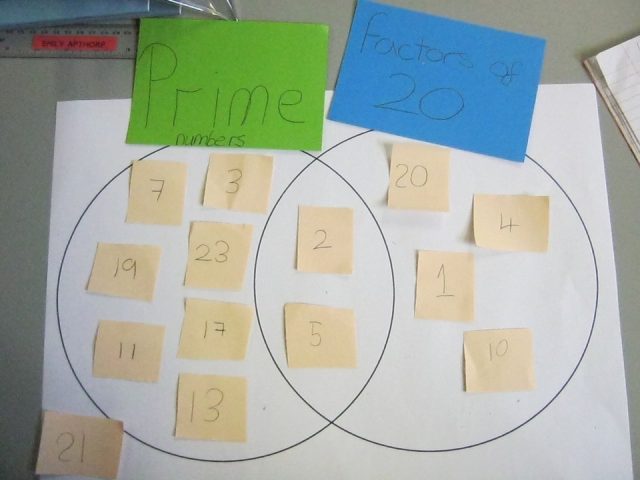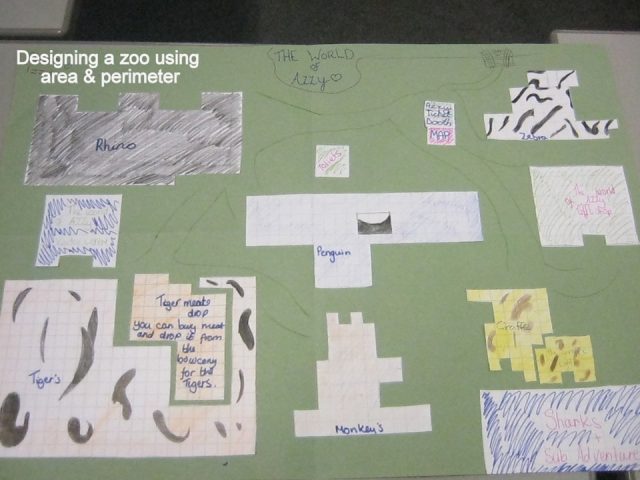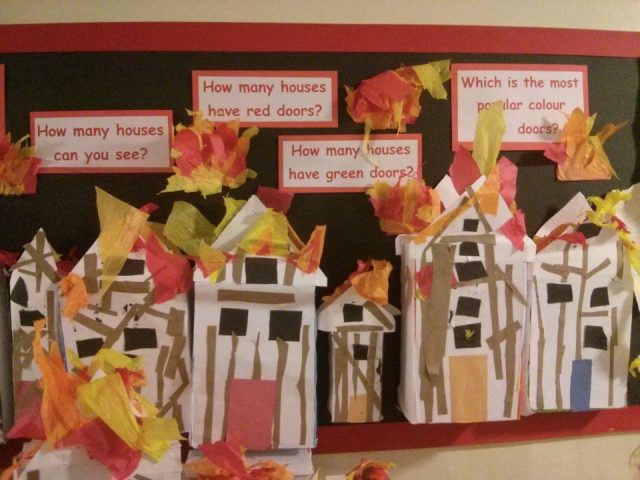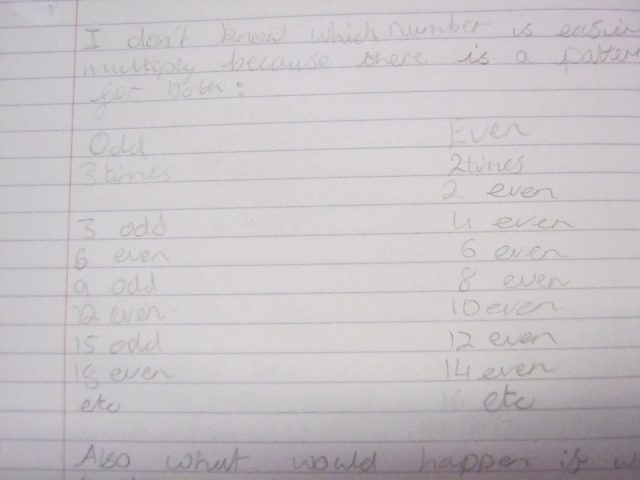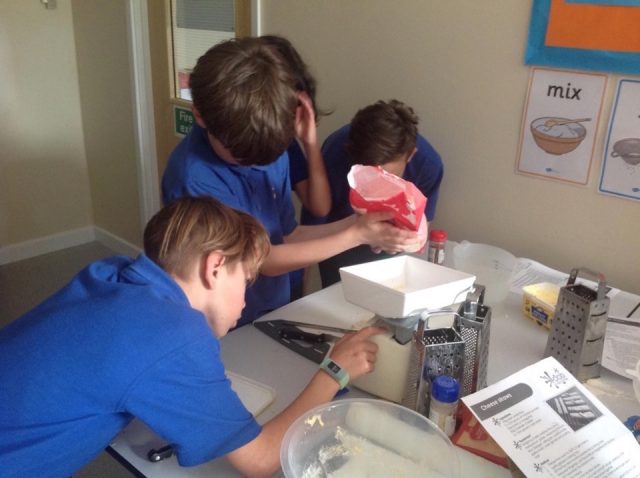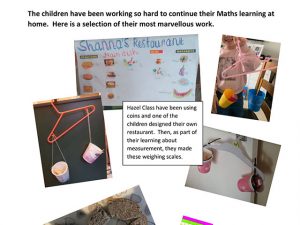Mathematics

At Churchside we aim to foster an enthusiasm for Maths while developing a confident understanding of the subject. Maths teaches children to solve problems and it develops their ability to reason. It is essential to everyday life as well as being crucial to success in many other subjects, such as science, technology and engineering. Our children should be able to effectively use Maths as a tool both within and outside of school. At the same time, they should also develop an appreciation of the subject in its own right, by exploring patterns, investigating and discussing mathematical ideas.

How do we teach Maths at Churchside?
We follow a Mastery-based approach where all pupils can participate, feel encouraged and make progress.
In Maths lessons at Churchside, you will see:
- An atmosphere where it is okay to have a go, struggle and make mistakes because we know this leads to good learning.
- All pupils working on the same focus, but with differing support and or challenge to enable them to succeed at their level.
- Learning broken down into small steps and lots of revisiting and practice of things they’ve learnt before to make sure it sticks in long-term memory.
- Pupils using a range of equipment to understand their learning.
- A focus on talking about Maths, including: discussion, articulating & justifying their ideas, agreeing and disagreeing, asking questions, working with others, decision-making, reflecting on different methods.
- Opportunities for children to be active, take their Maths outside, link it to other subjects and use it for a real purpose.
Our Golden Treads are informed by research into effective Maths teaching: Knowing, Talking, Representing, Linking & Using Maths. They provide continuity throughout the year groups and a common language for learning Maths.
The following downloads will give you more information about our approach to Maths:
Mathematics can provide a contribution to pupils’ SMSC by:
- Enabling pupils to acknowledge the important contribution made to mathematics by different cultures including Non-Western cultures.
- Exploring the use of pattern, symmetry and shape in art from a range of cultures and religions.
- Investigating patterns (e.g. the Fibonacci sequence) and their link to nature.
- Supporting children’s understanding of whole school policy on issues such as discipline and behaviour, as well as current world affairs in the news through use of data and statistics.
- Recognising the importance of Maths through history, including those of different genders and cultures (e.g. Black Women in Aeronautics and the Space Race, Turin’s influence on Code-breaking)
How can I help my child at home?
Our Maths Essentials set out the core facts and skills that children need to succeed in each year group alongside ideas for activities you can do. These can all be easily practised at home. Our End of Year Expectations booklets give more detail as to the what children should be able to do by the end of each school year. The following websites are also useful:
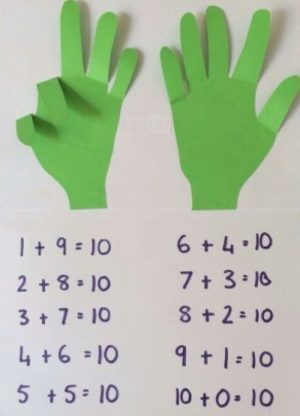 Times Table Rockstars (contact class teacher for your child’s individual login)
Times Table Rockstars (contact class teacher for your child’s individual login)- Numbots (contact class teacher for your child’s individual login)
- 1 Minute Maths (recommended app to download on phone or tablet)
- Cool Maths 4 Kids Games
- Maths Zone Games
- BBC Bitesize Learn & Revise
- Maths Glossary for Parents



